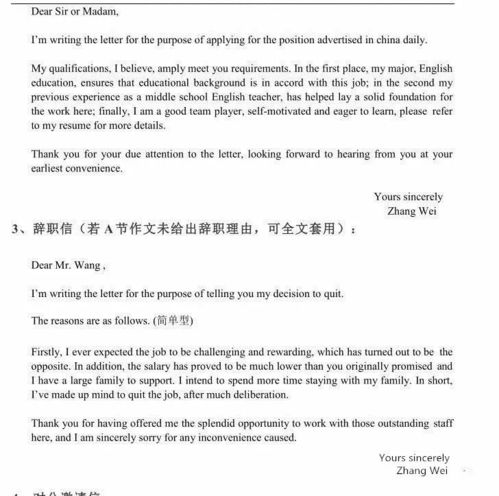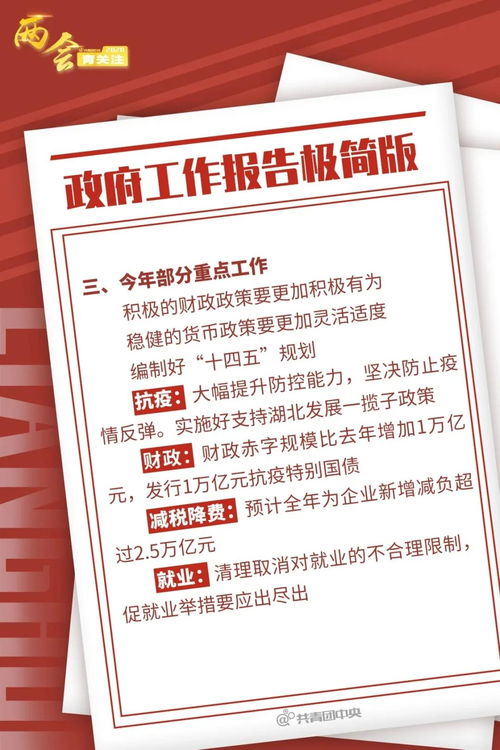考研英语一作文模板2023万能
Title: Mastering the Art of Crafting a Flawless Postgraduate Entrance Exam English Essay
In the realm of postgraduate entrance exams, particularly in the domain of English composition, mastering a versatile template can significantly enhance your chances of success. Crafting a compelling essay requires more than just linguistic proficiency; it demands strategic structuring, coherent arguments, and adept utilization of language conventions. Here, we present a comprehensive template to aid you in navigating the intricacies of composing a stellar postgraduate entrance exam English essay.
Introduction: Setting the Stage
Begin your essay with a captivating introduction that succinctly encapsulates the topic at hand. Employ a hook to engage the reader's interest, followed by a brief overview of the issue to be discussed. Conclude the introduction with a clear thesis statement that outlines the primary argument or stance you will be advocating throughout the essay.
Body Paragraphs: Building the Foundation
The body paragraphs serve as the backbone of your essay, where you delve into the nuances of your argument with cogent reasoning and supporting evidence. Adhere to the following structure for each body paragraph:
1.
Topic Sentence:
Start each paragraph with a topic sentence that introduces the central idea or argument.2.
Explanation:
Elaborate on the topic sentence by providing relevant explanations, examples, or evidence.
3.
Analysis:
Analyze the significance of the provided evidence and its relevance to your overall argument.4.
Transition:
Seamlessly transition to the next paragraph by connecting the ideas presented and maintaining the coherence of the essay's flow.Counterargument and Refutation: Addressing Opposition
Acknowledge potential counterarguments to your thesis and provide a reasoned refutation to preemptively address opposing viewpoints. This demonstrates your ability to engage critically with diverse perspectives and reinforces the strength of your argument.
Conclusion: Culminating Insights
Summarize the key points discussed in the essay, emphasizing the significance of your argument in the broader context. Avoid introducing new information in the conclusion; instead, focus on reaffirming the validity of your thesis and leaving a lasting impression on the reader.
Language and Style: Polishing Your Prose
Pay meticulous attention to language usage, coherence, and style to elevate the quality of your essay:
1.
Vocabulary:
Employ a diverse range of vocabulary to enhance the richness and sophistication of your expression.2.
Sentence Structure:
Utilize varied sentence structures to maintain reader engagement and avoid monotony.3.
Transitions:
Use transitional phrases and cohesive devices to ensure smooth transitions between ideas and paragraphs.4.
Conciseness:
Strive for clarity and conciseness in your writing, avoiding verbosity and unnecessary repetition.Revision and Proofreading: Perfecting the Final Draft
Allocate sufficient time for revising and proofreading your essay to rectify grammatical errors, refine language usage, and enhance overall coherence and clarity. Solicit feedback from peers or mentors to gain valuable insights and perspectives for improvement.
Conclusion: Empowering Your Essay Writing Endeavors
Mastering the art of crafting a flawless postgraduate entrance exam English essay requires diligent practice, strategic planning, and meticulous attention to detail. By internalizing and implementing the elements of this versatile template, you can navigate the complexities of essay writing with confidence and finesse, maximizing your chances of success in postgraduate entrance exams. Remember, proficiency in essay writing is not merely a skill; it is a testament to your ability to articulate complex ideas effectively and persuasively, setting you apart as a formidable candidate in the competitive landscape of academia.












评论